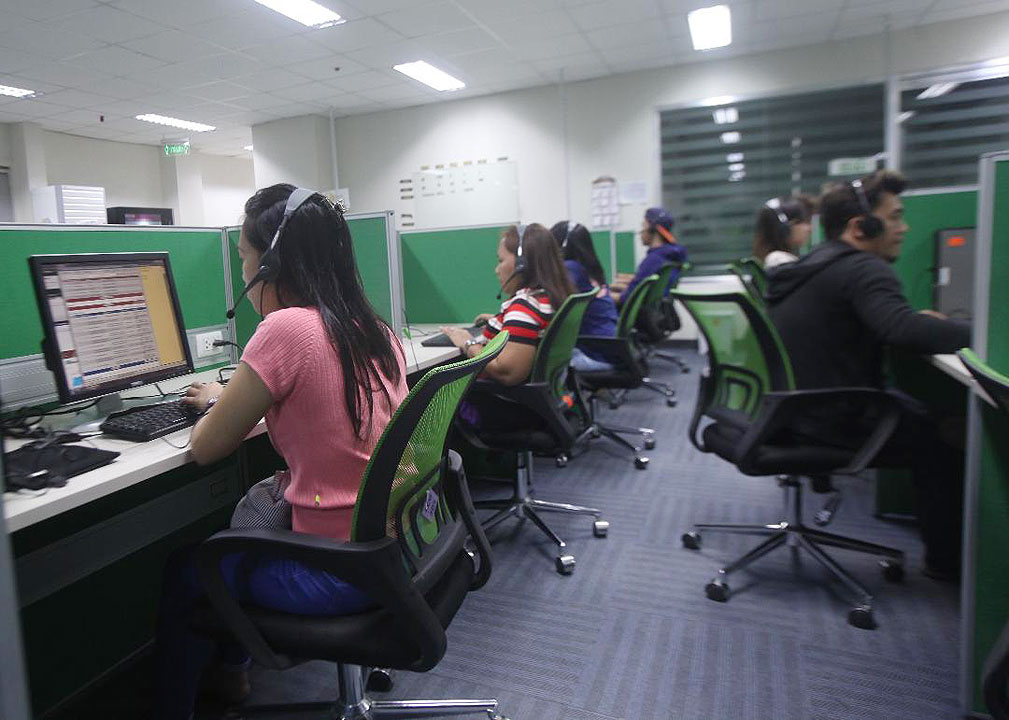Reskilling urgency grows as AI integration ramps up — IBM study

Some business leaders in the Philippines have recognized the need for their workforce to undergo reskilling due to the growing adoption of artificial intelligence (AI), according to a study by the International Business Machines (IBM) Corp.
In the IBM report titled “Augmented Work for an Automated, AI-Driven World,” the availability of external skills (58%) and the development of new skills for existing talent (48%) were recognized as the most pressing concerns among Filipino executives.
“AI is about people and skills, not just technology,” the study said. “Competitive advantage comes from scaling employee expertise and transforming how work is done.”
“Organizations have to make human talent central to their AI strategy.”
Meanwhile, according to IBM’s study on the global CEO’s guide to generative AI, 77% of entry-level workers will experience job shifts by 2025, along with approximately 25% of executives.
However, an additional hurdle to the adoption of generative AI among businesses is the lack of a foundation of trust due to its ambiguous data sources, which can result in ‘hallucinations,’ according to IBM.
“Trust is the key barrier and requirement for building AI outcomes,” said Kieran Hagan, principal technical sales leader for data, AI, and automation at IBM, at a press conference on Wednesday. “If you can’t find the source or confidence index, that is risk.”
Mr. Hagan noted that bias detection is the solution to the trust issue — building and providing a platform grounded by a data confidence level with trackable results to elevate the stakes of accuracy.
“Technology now allows you to simplify that. It augments human intelligence,” said Aileen Judan-Jiao, president at IBM Philippines.
In the Tech Innovation Forum 2023, IBM showcased Watsonx, its new self-service AI and data platform for businesses equipped with scalable and flexible models to address key concerns with AI.
“If we’re going to use it for business, AI insights have to be explainable,” Ms. Judan-Jiao said. “You have to know where the data comes from and have a scored confidence level because real business decisions affecting jobs are made.”
However, Ms. Judan-Jiao noted businesses’ fear trickling down to the risk of falling behind AI-augmented competitors. “They would need to put AI to work at the strategic core of their businesses to meet tomorrow’s elevated customer expectations,” she said.
The global AI market size is expected to reach $407.0 billion by 2027, with a compound annual growth rate of 36.2% during the forecast period of 2022-2027, according to a report by analytics firm MarketsandMarkets.
“In the enterprise sector, AI has to be validated for accuracy and ultimately, to solve real life problems,” said Felix Ayque, founder and chief executive officer of Komunidad, an AI-powered climate and environmental resilience startup.
Mr. Ayque mentioned that Komunidad uses AI as a backend solution to deliver predictive alert text messages to fisherfolk in Calaguas Islands and address natural disaster preparedness.
“When you look at the entire ecosystem [of startups], it’s fertile ground for innovation,” said Fatima Pasion Yambao, co-founder and chief executive officer of Digiteer Inc., on the expanding applications of AI among startups.
Ms. Yambao noted that AI is seeing more localized practices to improve certain process and pain points in industries of human resources, fintech, and education, among others.
“AI can be applied anywhere,” she said on maximizing AI use cases to identify talent opportunities and improve the startup and business ecosystem. — Miguel Hanz L. Antivola



